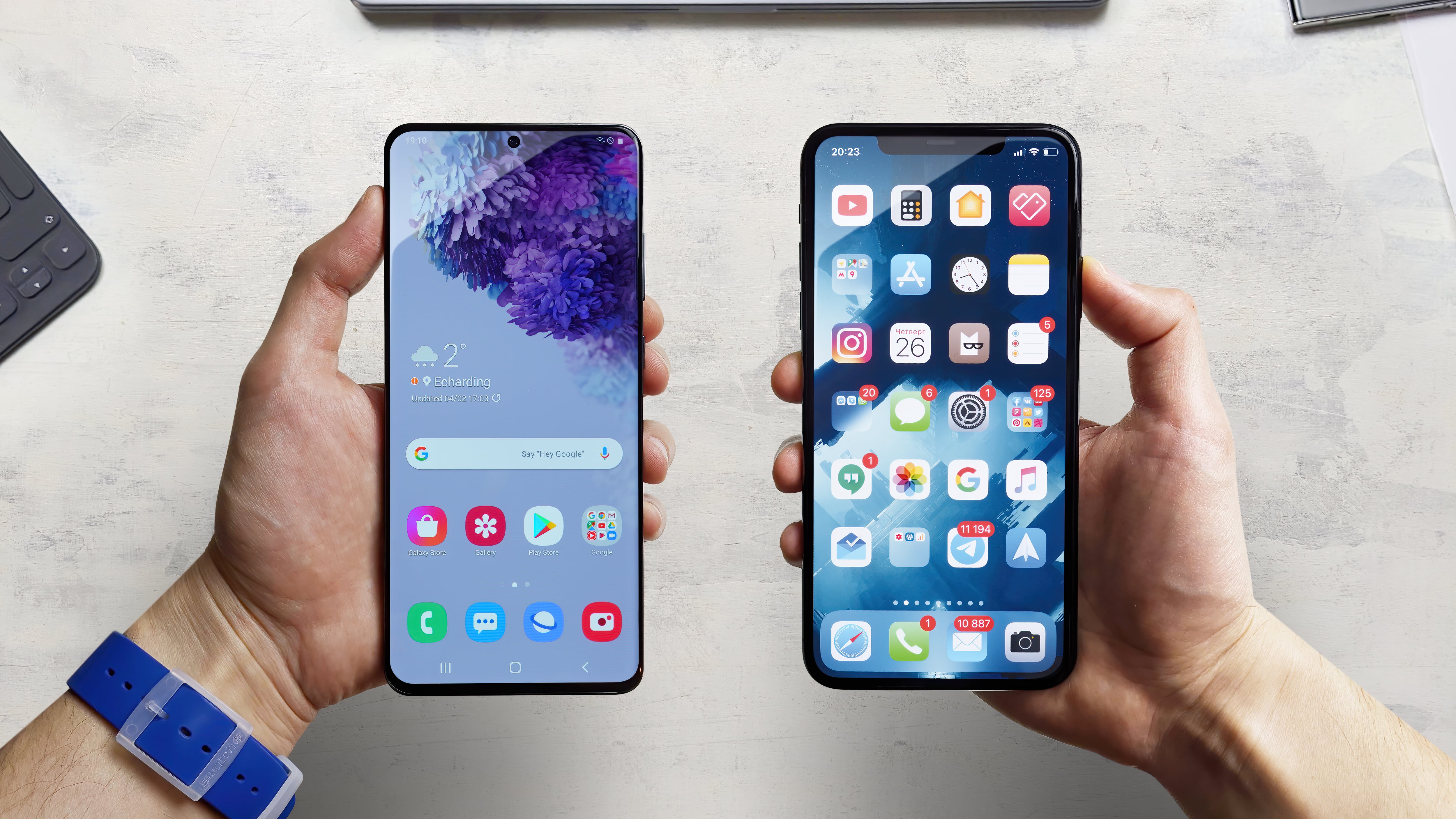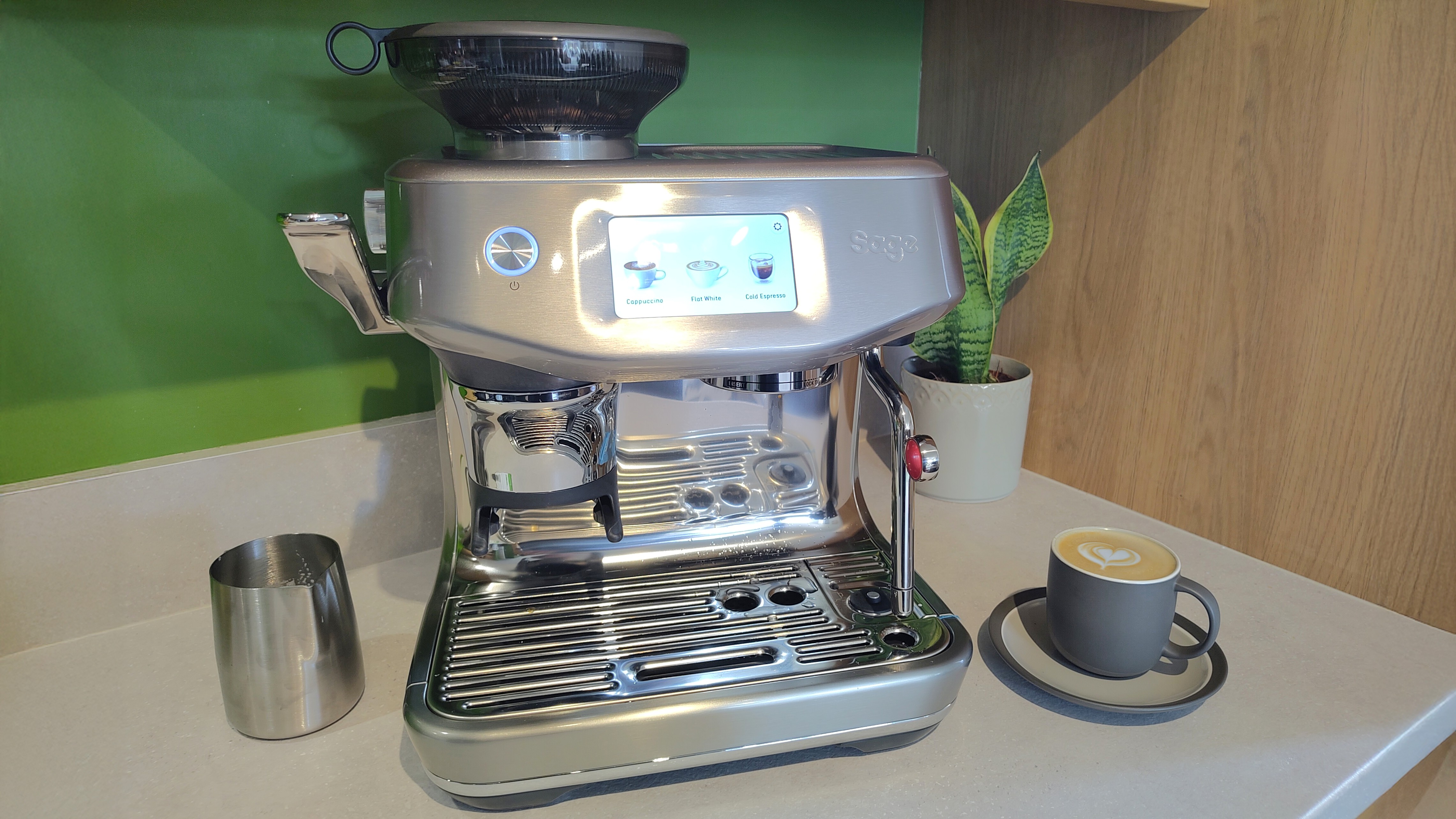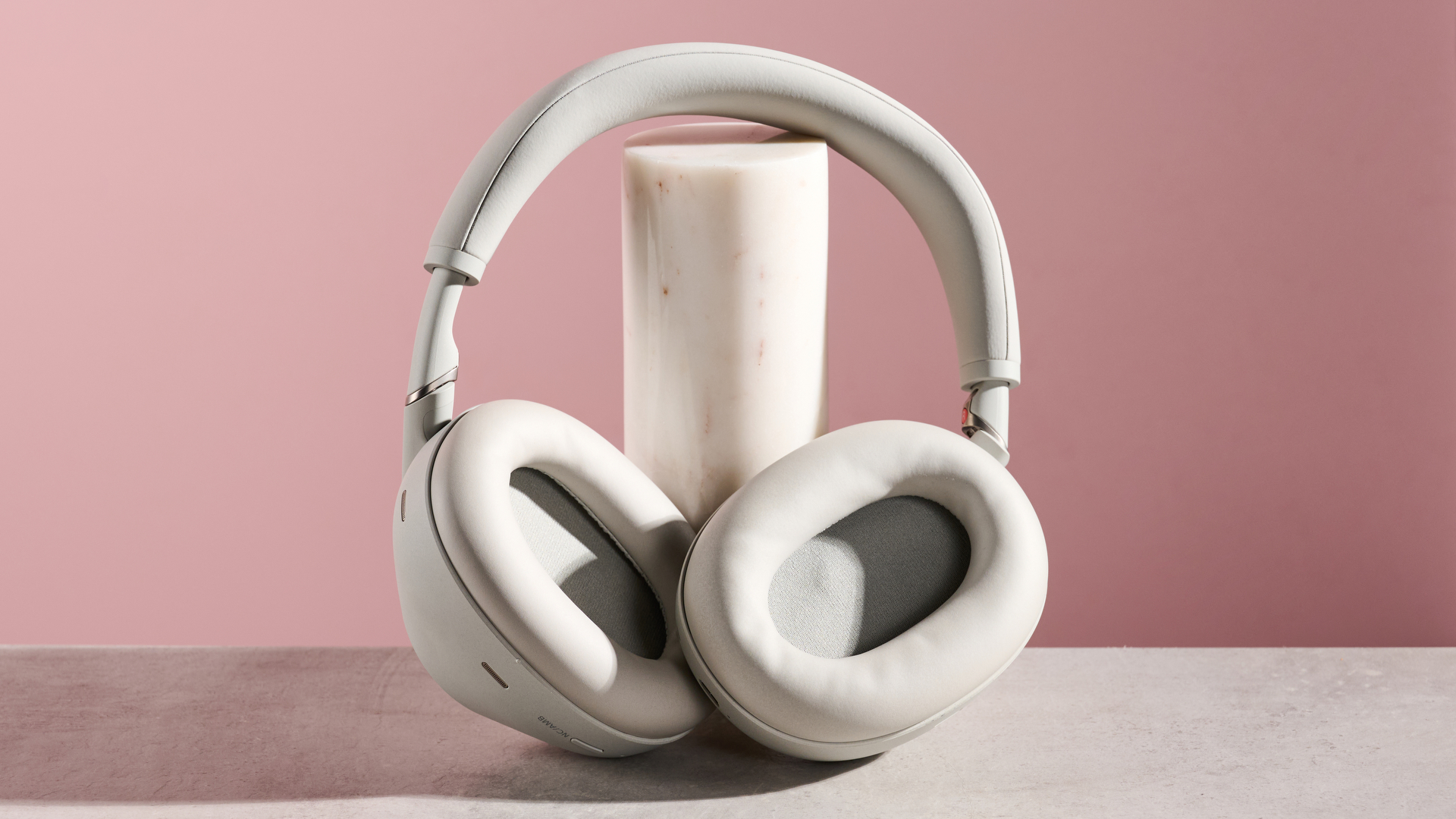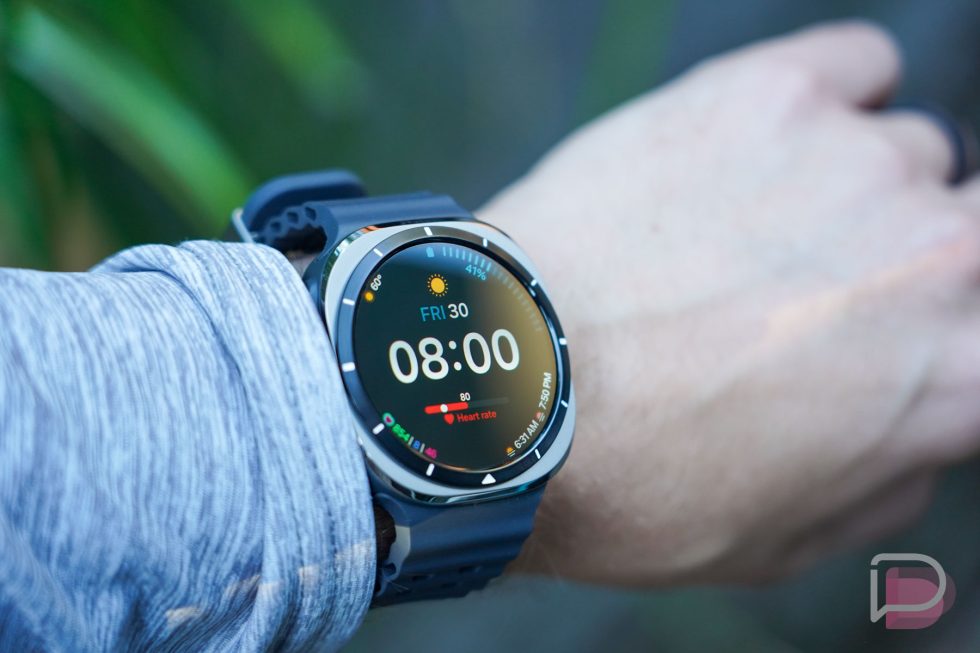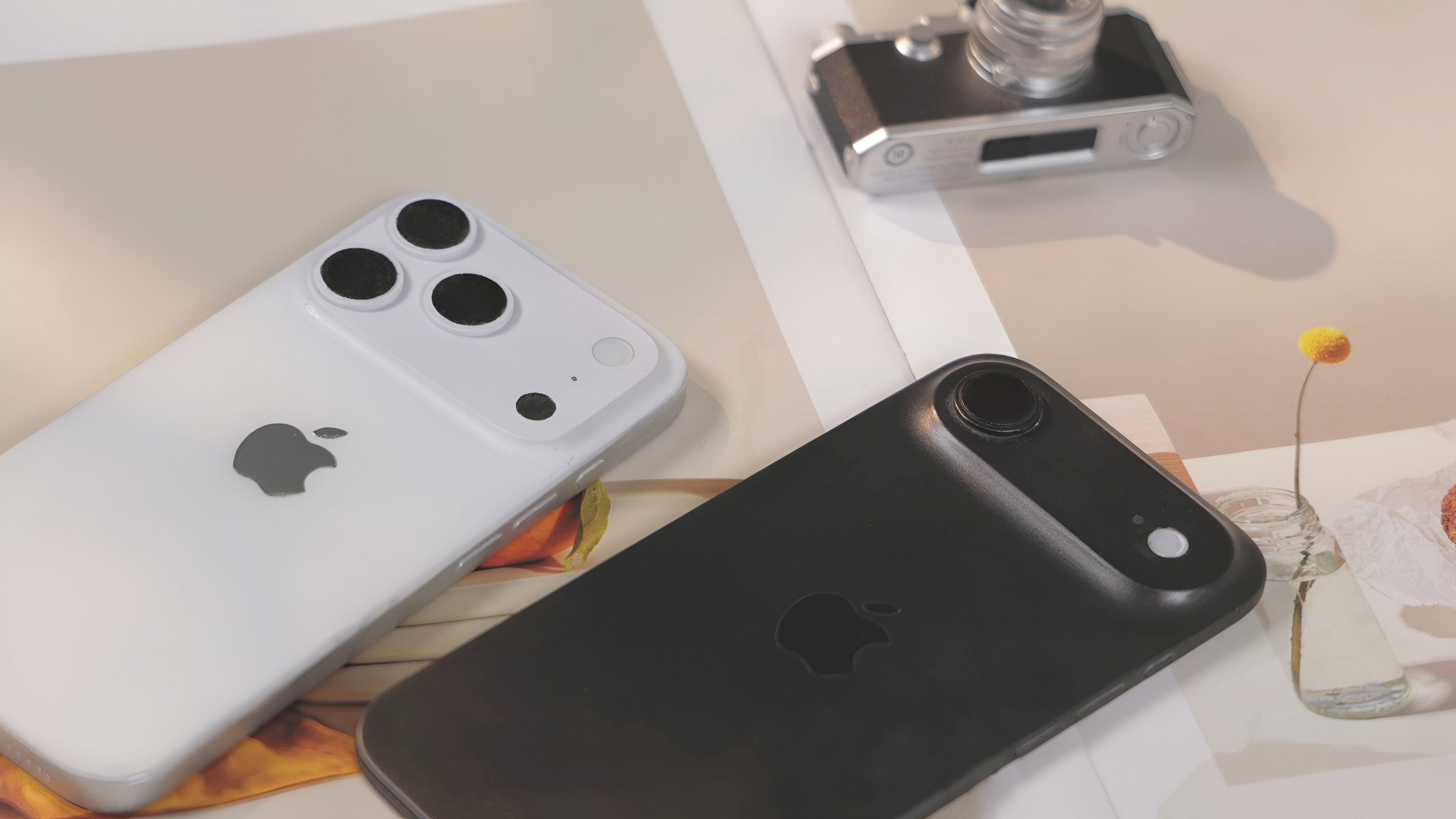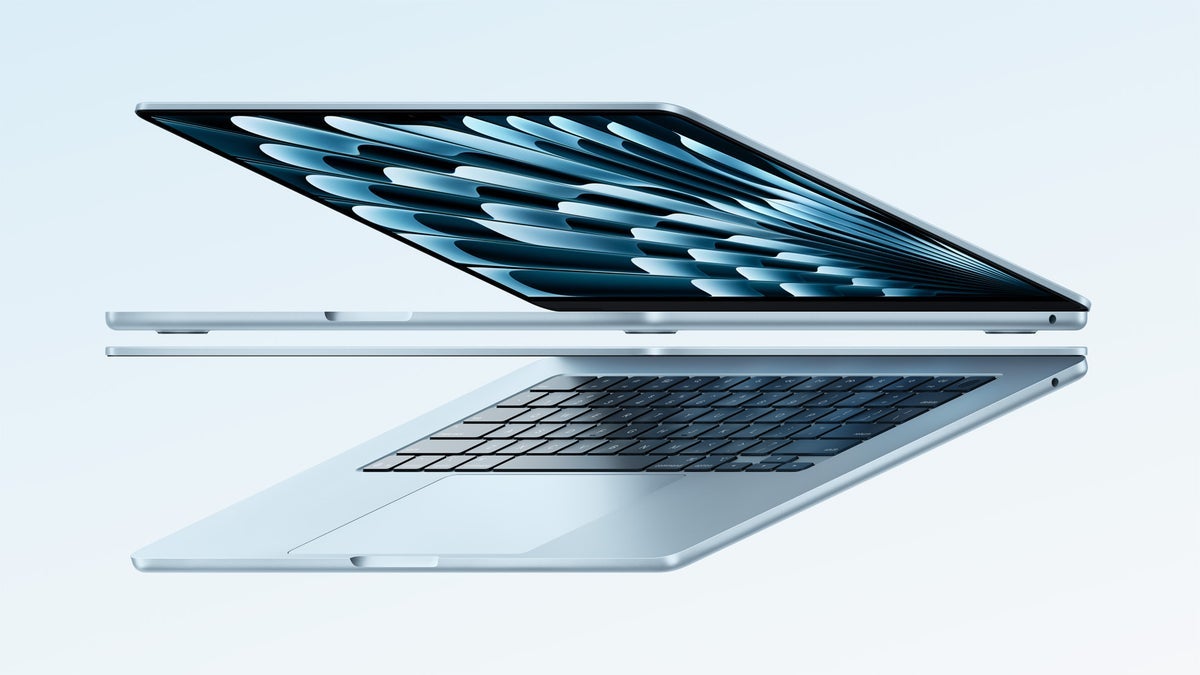Pune-based RUT3 Engineering is reinventing the wheel to transform mobility
Forget spokes, springs, and struts. RUT3 Engineering has redesigned the wheel to increase comfort and make mobility safer and more efficient. After use in wheelchairs, the patented tech will hit the road in bicycles.


What if the wheel could do more than just roll? What if it could absorb shocks, provide comfort, and change the way mobility is designed from the ground up? That is what Pune-based startup Engineering aims to do: reinvent the wheel to redefine movement for millions.
Founded in 2018 by three college friends from Pune's Cusrow Wadia Institute of Technology, RUT3 Engineering is the brainchild of Mitesh Rasal (CEO), Shubham Sutar (CTO), and Suraj Ettam (COO). The trio, who have been together since their diploma in mechanical engineering in 2010, embarked on a journey to solve a problem they encountered first-hand while building vehicles for Society of Automotive Engineers India competitions during their college years.
“While building these vehicles, we understood that there is a big gap between things like suspension, transmission, and overall vehicle performance,” recalls Rasal, 29. “We decided to combine these into a simpler, unified output.”
That innovation took form in a patented wheel integrated with a suspension system—a solution that doesn’t just sit beneath a wheelchair or a bicycle but changes how the entire vehicle interacts with terrain. Unlike conventional wheels and struts that move in a single axis and need separate maintenance, RUT3’s suspension-integrated wheels absorb vibrations in a multidirectional manner.
The patented product, called the Damsus wheel, replaces the spokes inside the rim with an integrated suspension system and addresses critical issues—high discomfort during rides leading to back/spine injuries, safety during impact accidents by dampening forces inside the wheel, and an efficient system by reducing weight, minimising chain slippage, and cutting maintenance costs.
"More than 75% of back injuries are due to traditional suspension systems," says Rasal, adding that the founders wanted to cater to comfort, make mobility safer, and more efficient. “So we created a wheel with suspension inside it—no oil, no tightening, no spokes to adjust.”
RUT3 didn’t stop at the wheel. Realising that no one was ready to buy only wheels, it began making wheelchairs. Today, the startup manufactures aluminium and mild steel wheelchairs. These are not just lighter and more rust-resistant than conventional models but also adhere to ISO 7176 testing standards for wheelchairs, including drop and durability tests.
"In India, almost 95% of medical equipment, including wheelchairs, is imported, mostly from China," Rasal says. "Very few are manufacturing aluminium chairs at scale here. The cost, quality, and lack of standards make this a severely underserved market."
That’s where RUT3 comes in. They offer a certified, durable, made-in-India alternative tailored for Indian users. The wheelchairs start at an affordable Rs 5,000, making quality mobility accessible to all.
RUT3 has already delivered over 270 wheelchairs through government contracts with the Chief Minister’s Office in Maharashtra. It has also distributed wheelchairs in Gadchiroli in Maharashtra and worked with the Paraplegic Rehabilitation Centre and the police training centre in Pune.
Operating primarily under a business-to-government (B2G) model, RUT3 is also piloting B2B partnerships with hospitals and rehabilitation centres like Ruby Hall Clinic and Mangeshkar Hospital in Pune. "Hospitals often hesitate due to cost and outdated perspectives, but governments are more impact-driven," Rasal says.
The bootstrapped startup has won Rs 60 lakh from the Atal New India Challenge (ANIC), Rs 25 lakh from the Prosus Assistive Tech Award, and additional support from Bajaj CSR and Venture Centre. However, their FY24 is reported over Rs 50 lakh. “We’re currently in discussions for a potential order pipeline valued between Rs 5 and Rs 15 crore,” Rasal says.
To meet demand, RUT3 has developed a decentralised vendor and supply chain across India. The team owns all molds and dies, and components are manufactured through injection and compression molding processes by trusted partners. “Our current capacity is 10,000 suspension wheelchairs and 60,000 spoke-based aluminium wheelchairs per year,” Rasal says.
Interestingly, the team operates without any permanent staff. When needed, they hire and train local contract workers for assembly, scaling flexibly with demand. “Everything, from production to design and video animations, is done by us, using tools like Adobe After Effects and Illustrator,” Rasal says.
The founder claims that RUT3 has no comparable rivals in Asia. Globally, companies like Loopwheels (UK), SoftWheel (Germany), and Michelin (France) have developed similar tech, but RUT3 is the only one with patents granted in this region. RUT3 has won over 25 awards and has showcased its innovations at major national events.
The startup is incubated at AIC Pinnacle (which holds 1% equity), the Science and Technology Park under DST, BMU Ludhiana, and the Venture Center in Pune.
Challenges and the way ahead
Rasal says one of the biggest challenges RUT3 faced was the lack of awareness around the wheelchair sector. “It’s a neglected space. People distribute mobile phones that cost more than our chairs, but mobility never gets that kind of focus,” he says. The stigma around wheelchair use runs deep. “Most people try to hide it. They don’t see it as freedom, but it is.”
“A chair is like a body part for a person with a disability,” he says. “If it’s not right or if it’s poorly made, it strips away dignity. When someone tells us they finally feel confident stepping out, that's when we know we’re doing something right.”
But the founders are not stopping at wheelchairs. RUT3 is gearing up to enter India’s Rs 9,000 crore bicycle market. Using the patented tech can help reduce the weight of the bicycle and make rides more comfortable and safer.
"We’ve already spoken to Hero Cycles, E-Motorad, and Alpha Vector. The idea is to roll out 30,000 bicycles with our suspension wheels by 2027," says Rasal. "Eventually, we want to enter two-wheeler safety tech too."
RUT3 wants to revolutionise how people perceive mobility. "We have challenged traditional systems from the beginning,” Rasal says. "Our aim is to create an ecosystem where every wheel that rolls on Indian roads carries our technology. From trucks to bicycles, we want to transform mobility piece by piece."
Edited by Jyoti Narayan



























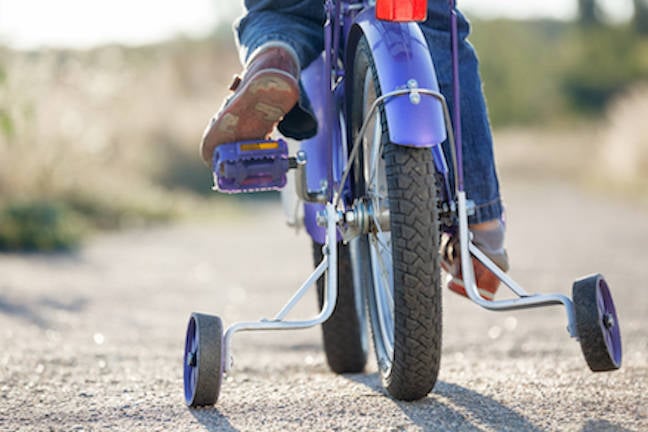
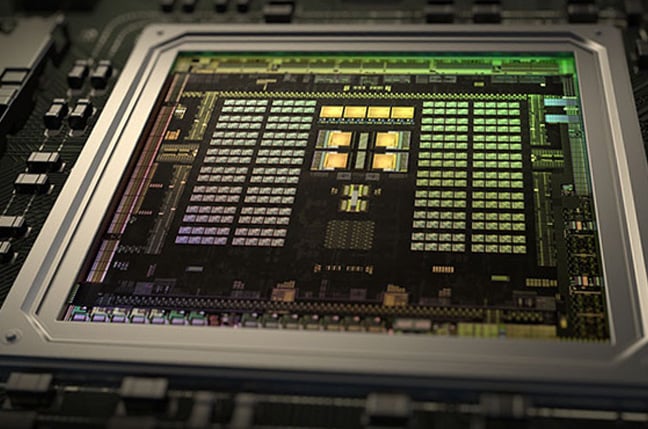





































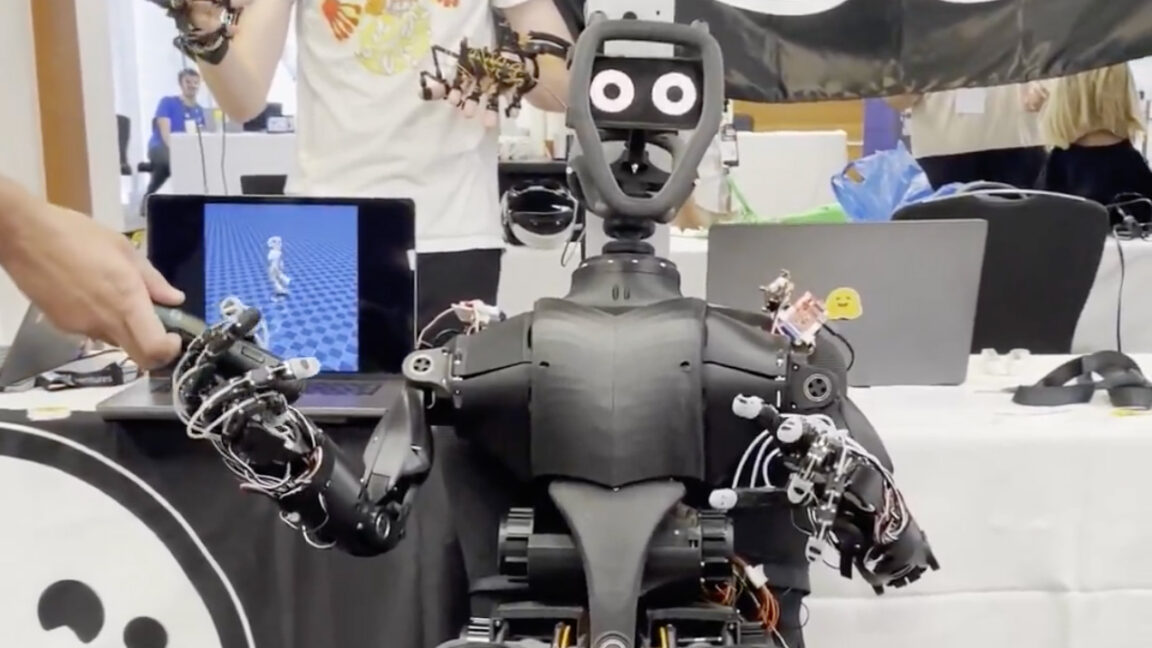


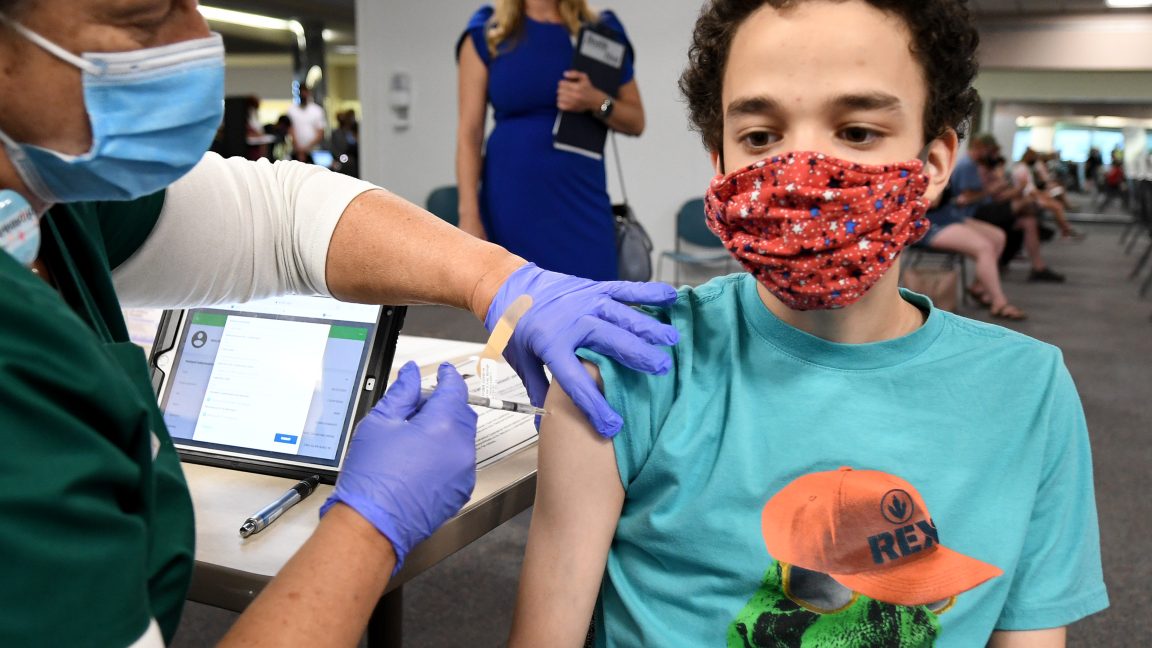


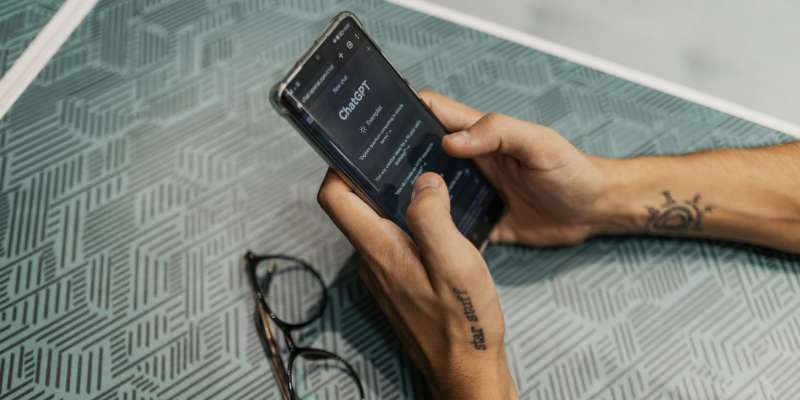





































































































![[The AI Show Episode 150]: AI Answers: AI Roadmaps, Which Tools to Use, Making the Case for AI, Training, and Building GPTs](https://www.marketingaiinstitute.com/hubfs/ep%20150%20cover.png)
![[The AI Show Episode 149]: Google I/O, Claude 4, White Collar Jobs Automated in 5 Years, Jony Ive Joins OpenAI, and AI’s Impact on the Environment](https://www.marketingaiinstitute.com/hubfs/ep%20149%20cover.png)



























































































































![[DEALS] The All-in-One CompTIA Certification Prep Courses Bundle (90% off) & Other Deals Up To 98% Off – Offers End Soon!](https://www.javacodegeeks.com/wp-content/uploads/2012/12/jcg-logo.jpg)



![How to Survive in Tech When Everything's Changing w/ 21-year Veteran Dev Joe Attardi [Podcast #174]](https://cdn.hashnode.com/res/hashnode/image/upload/v1748483423794/0848ad8d-1381-474f-94ea-a196ad4723a4.png?#)










































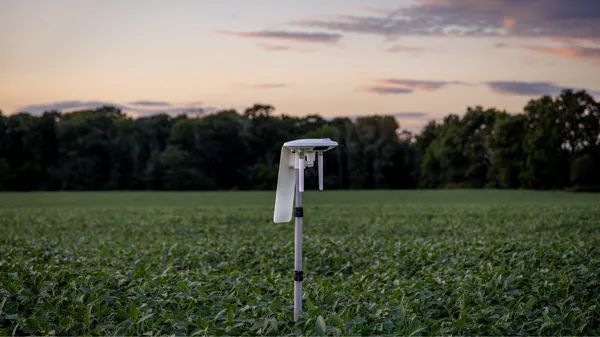
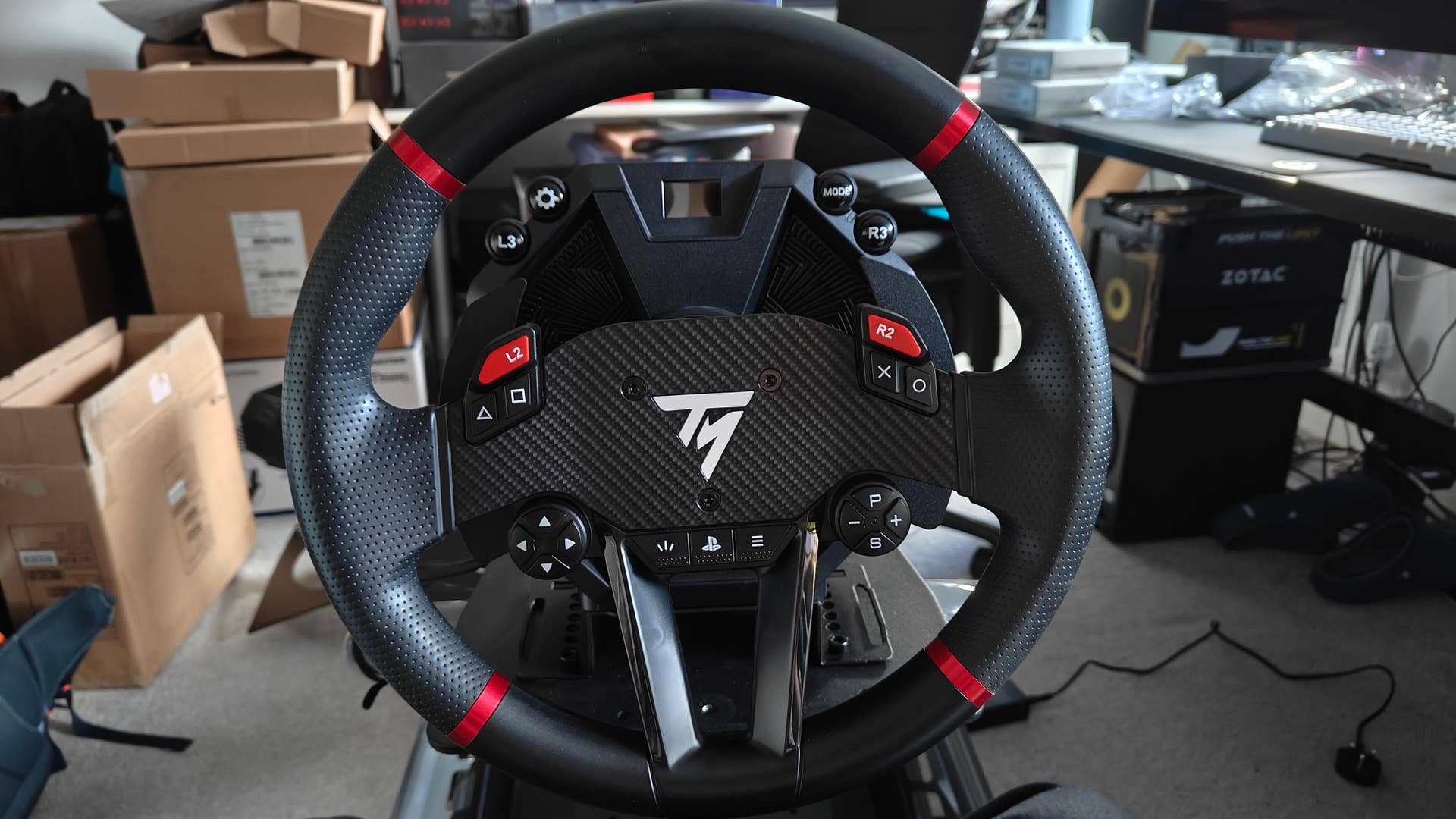














































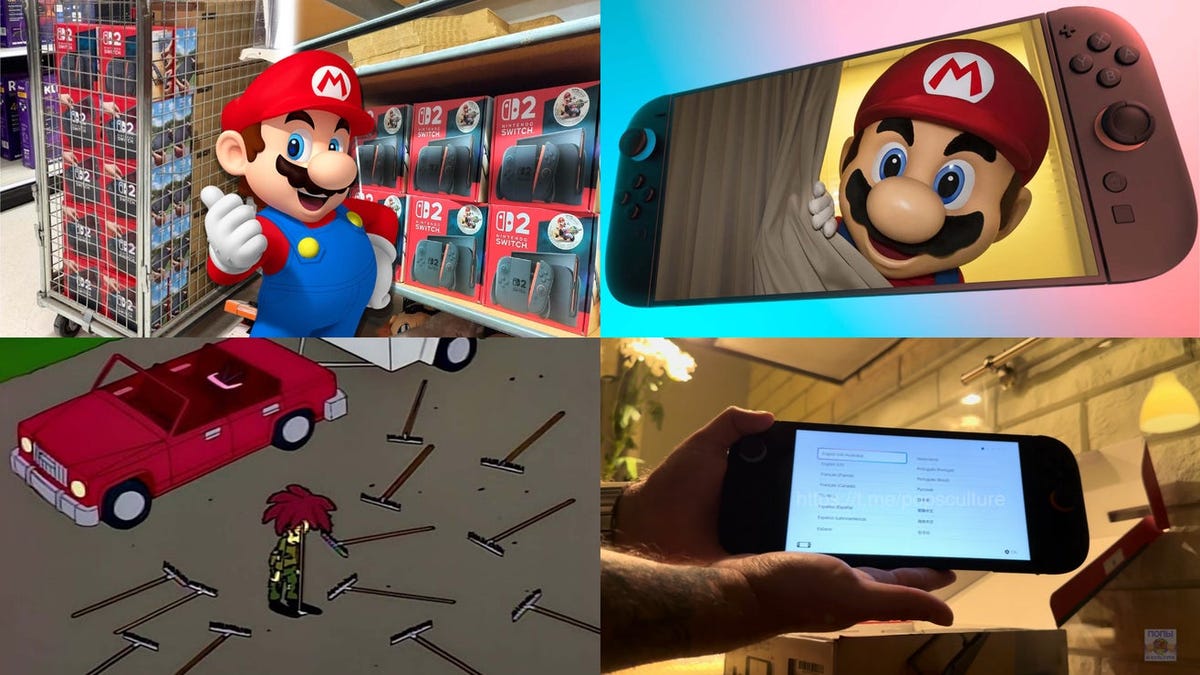


















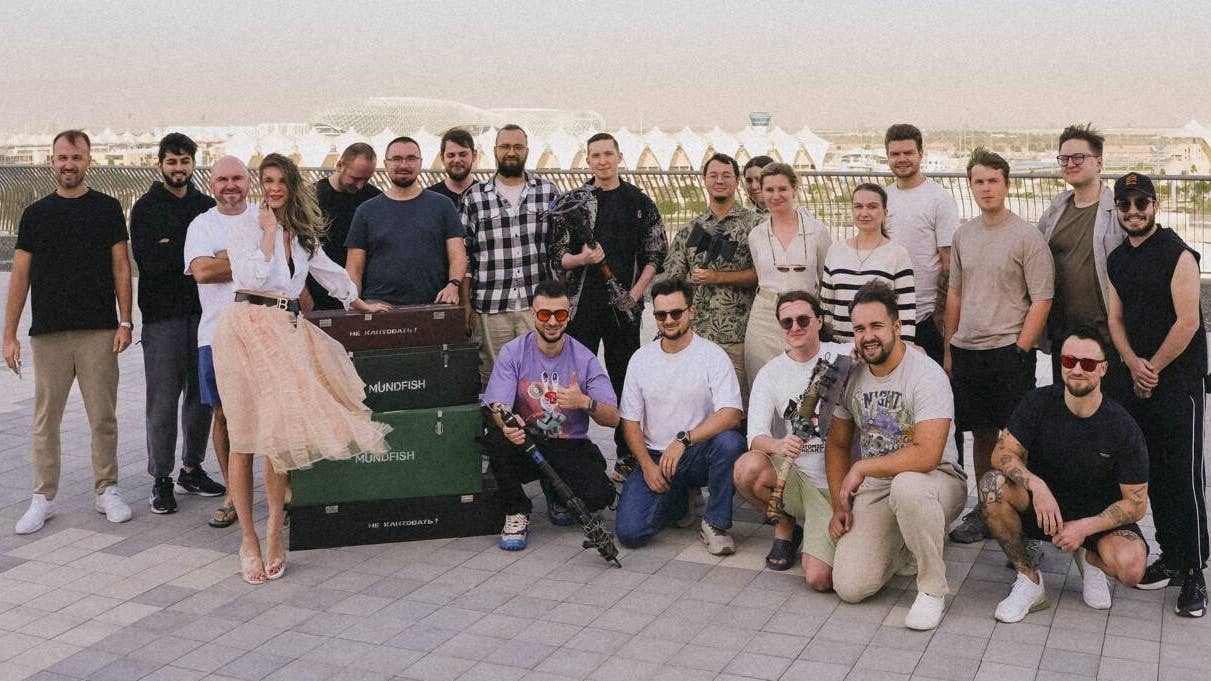

























_ArtemisDiana_Alamy.jpg?width=1280&auto=webp&quality=80&disable=upscale#)






































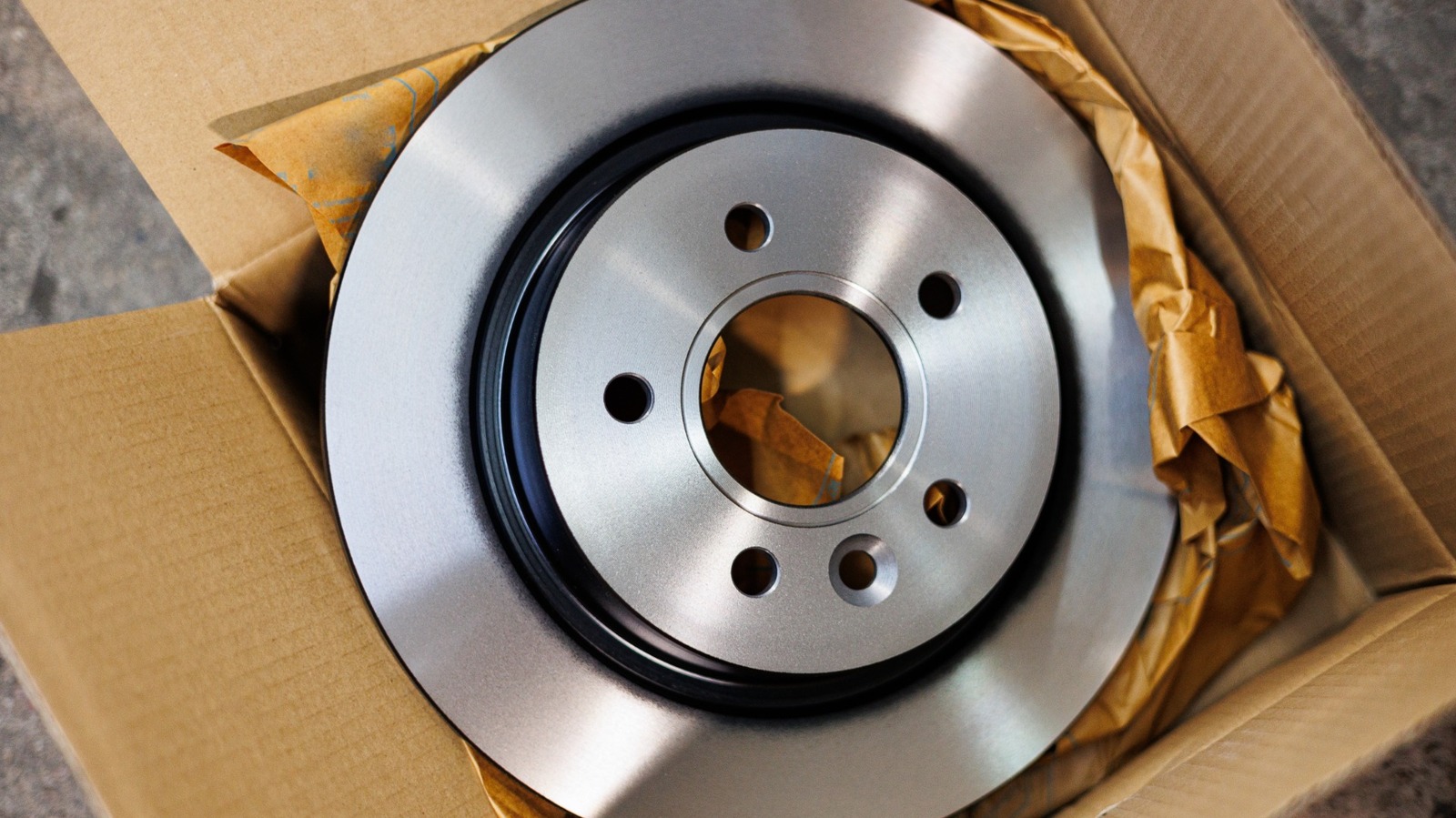

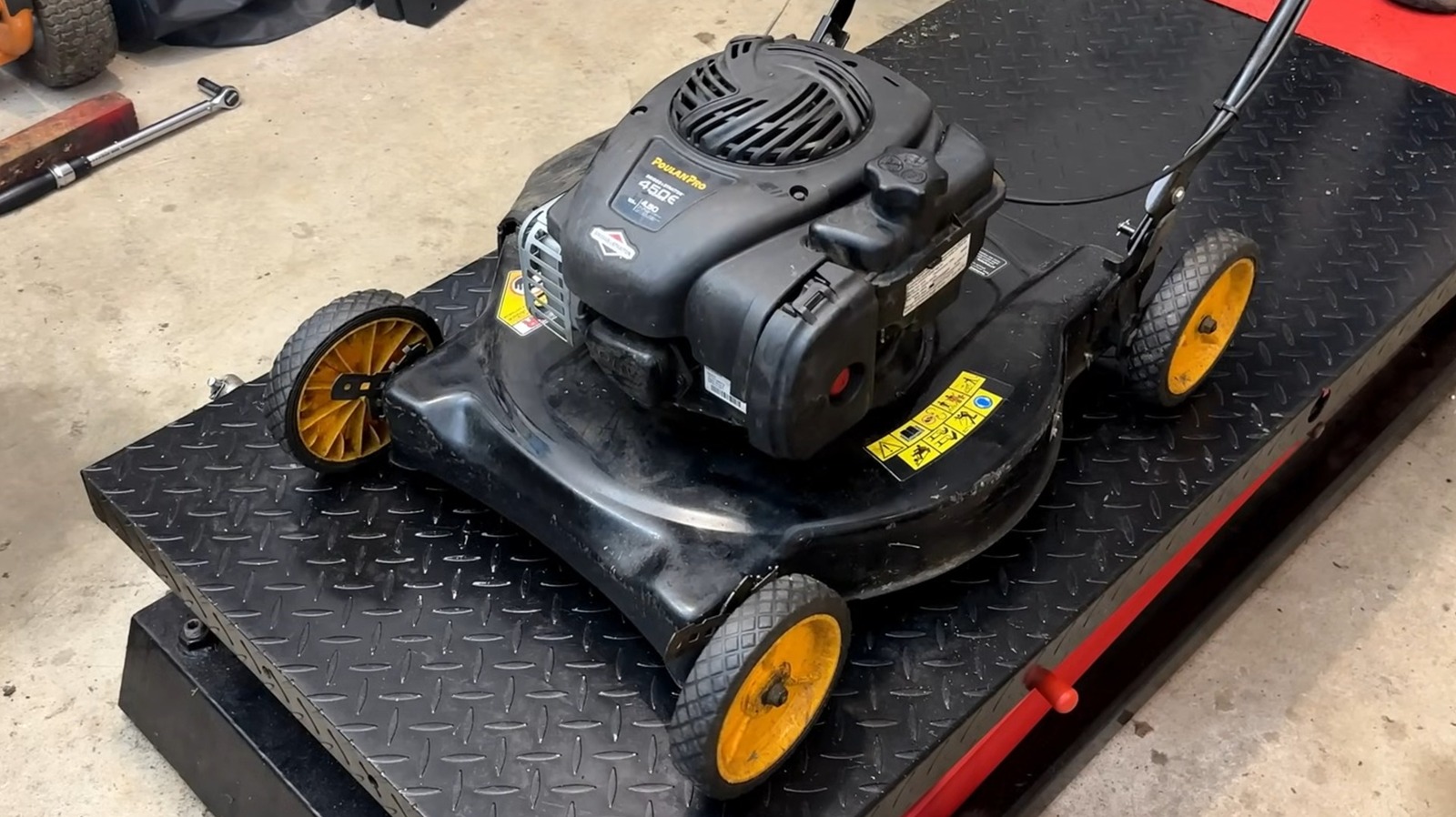



































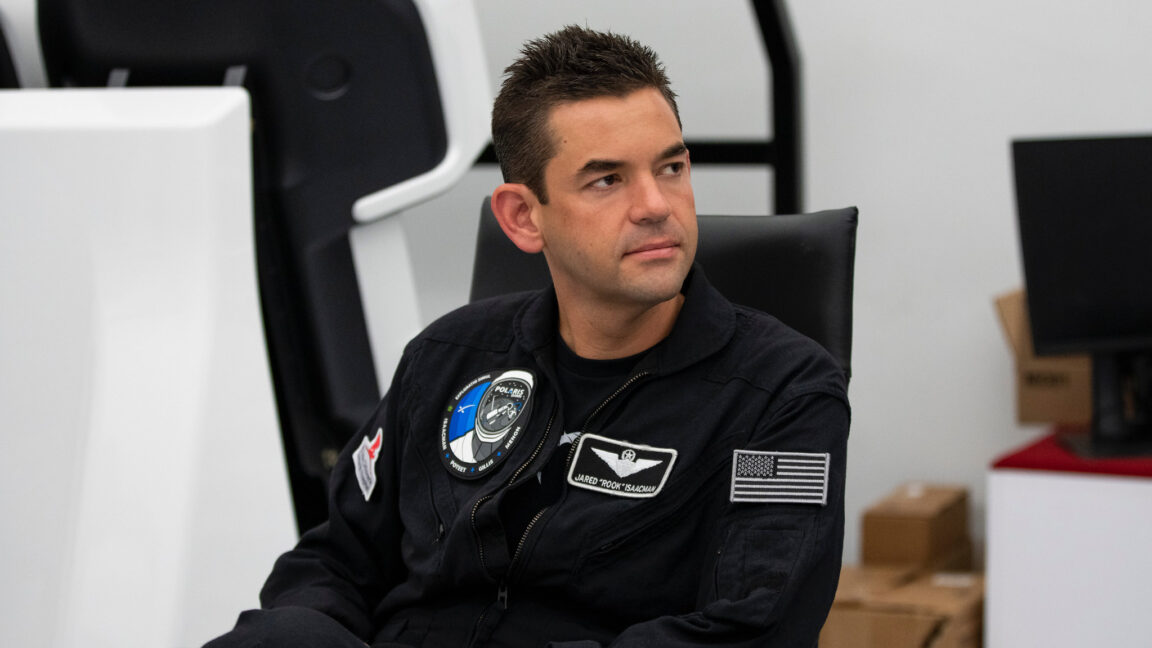
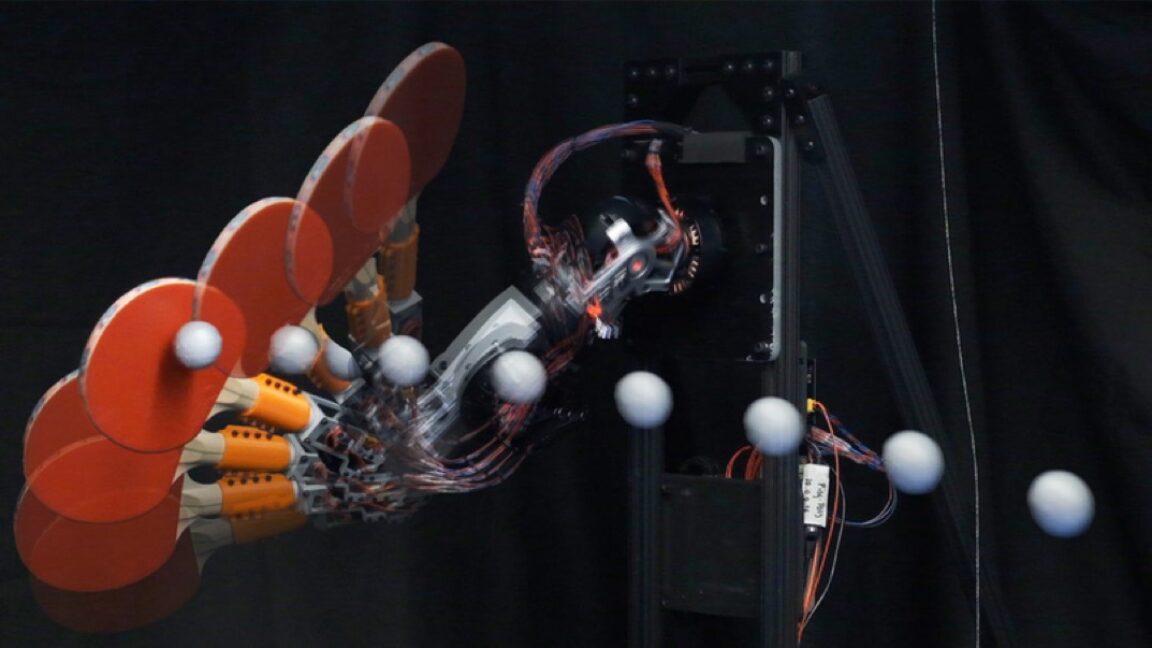
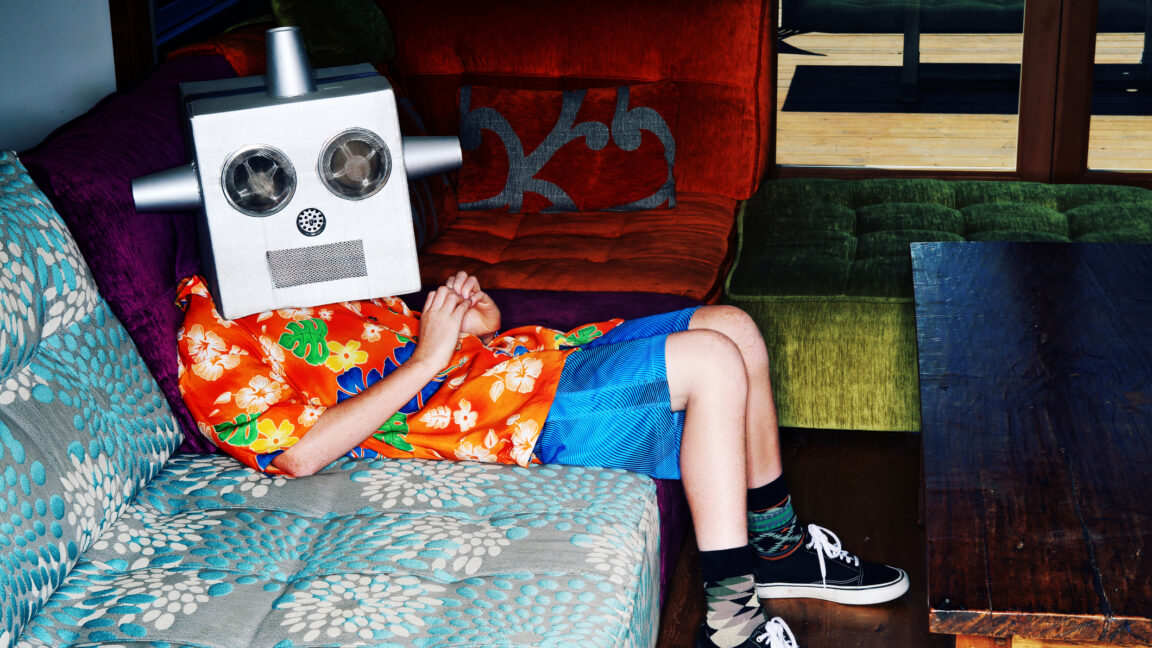




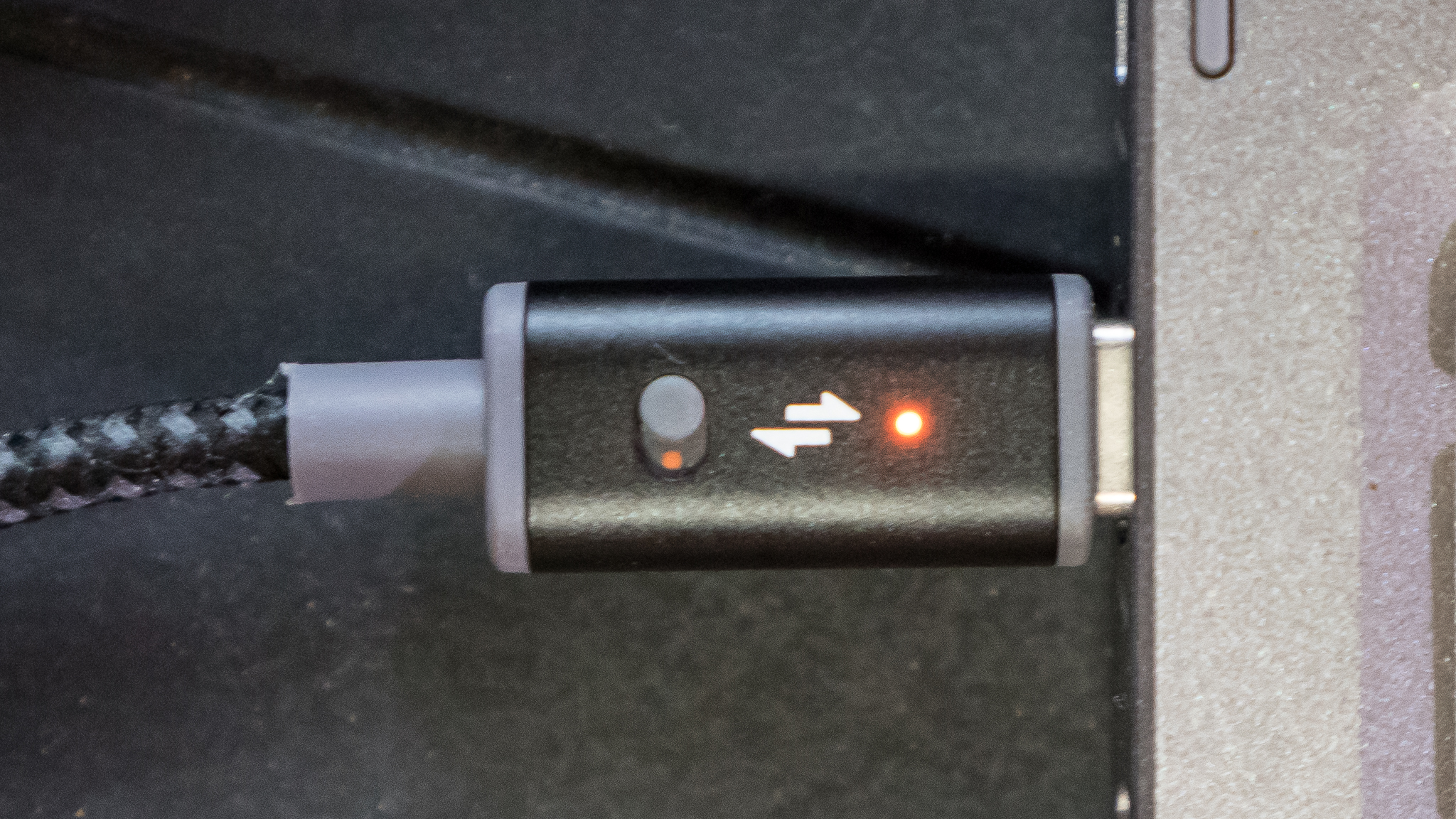
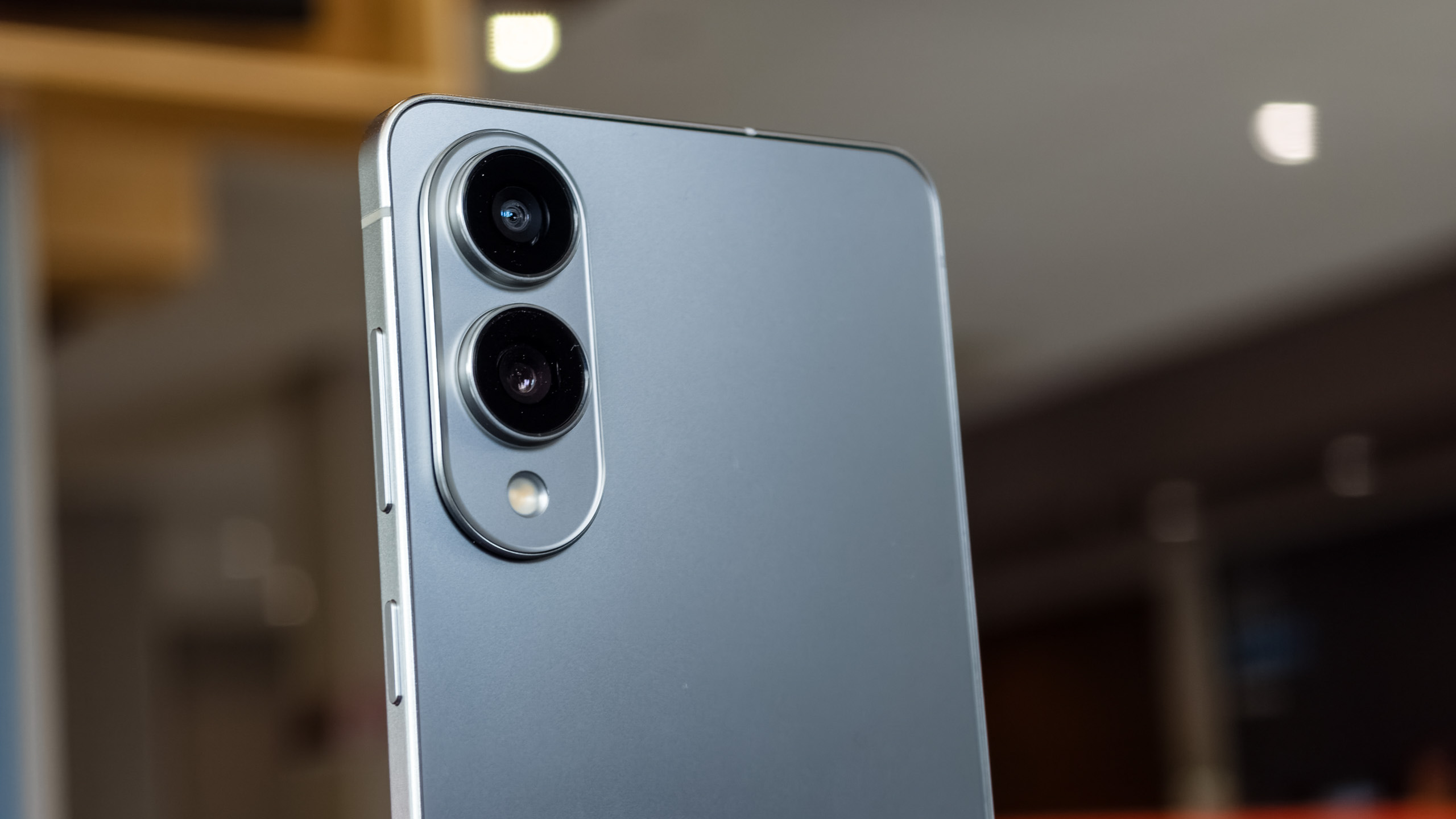
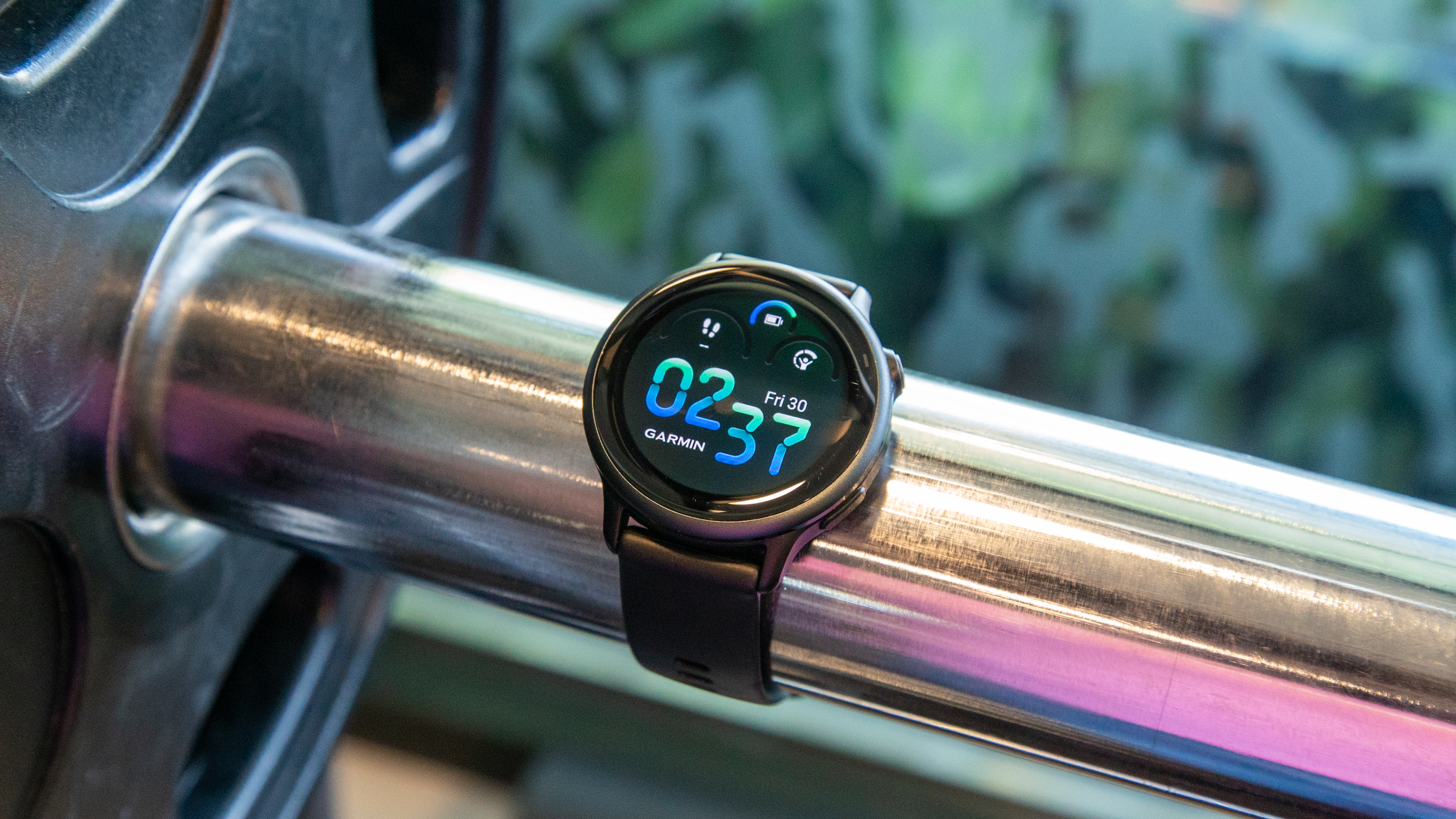
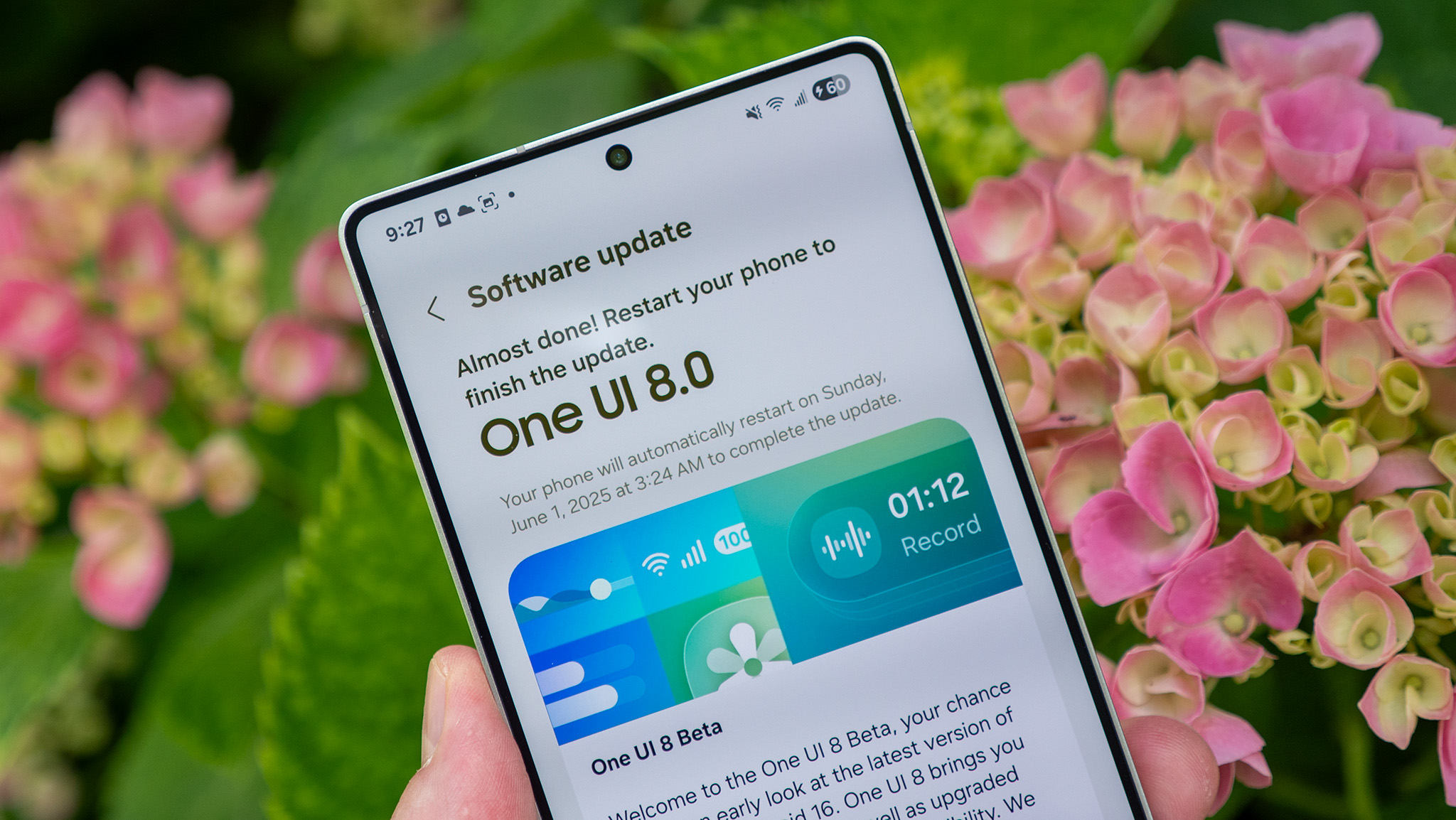


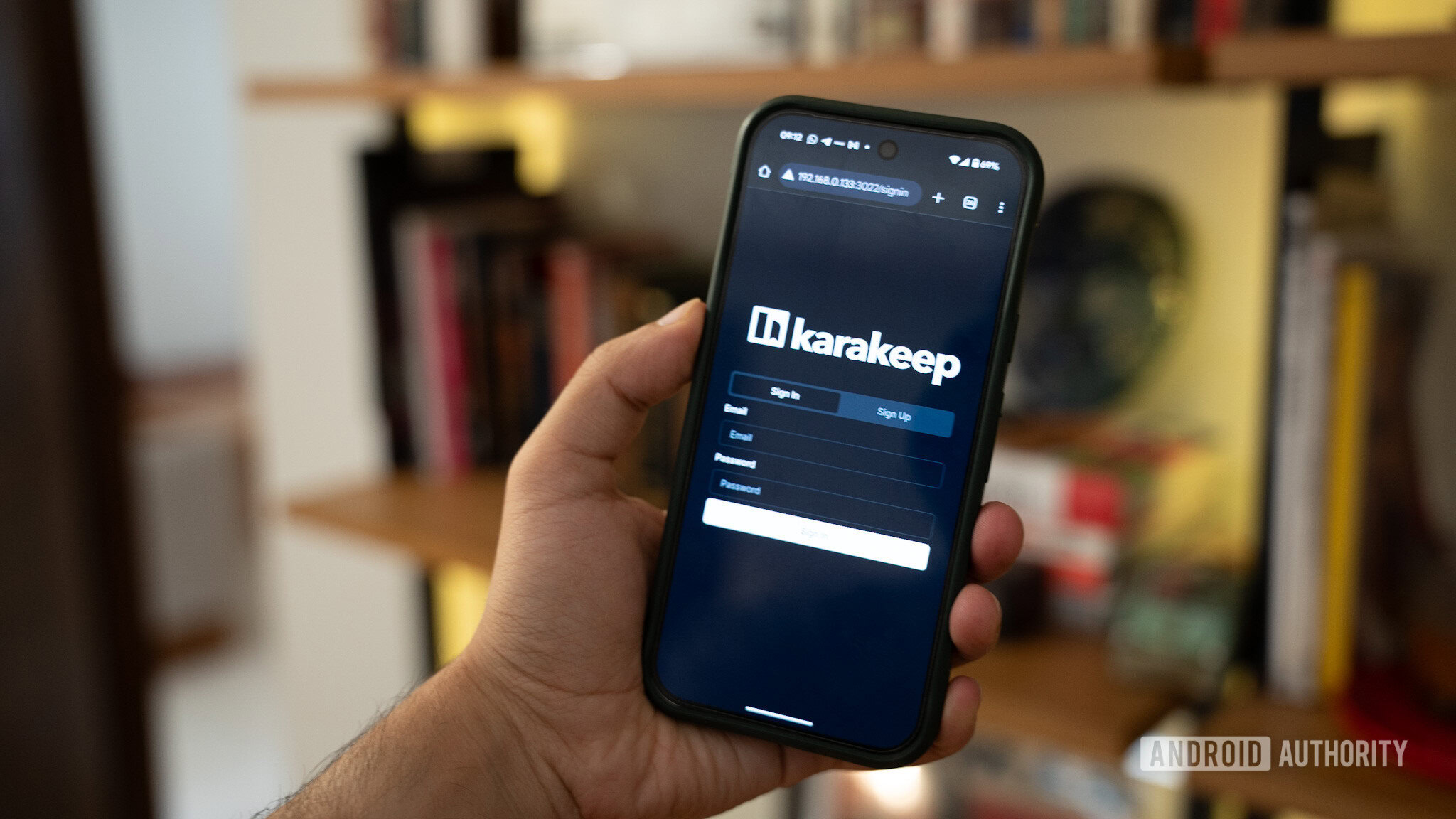


![Satechi launches OnTheGo 3-in-1 charger with compact design & Qi2 support [Video]](https://i0.wp.com/9to5mac.com/wp-content/uploads/sites/6/2025/04/ONTHEGO_3in1_APLUS_MODULE4_Banner2_Sand_desktop.jpeg?resize=1200%2C628&quality=82&strip=all&ssl=1)
















![Apple to Name Next macOS 'Tahoe,' Switch to Year-Based OS Names Like 'macOS 26' [Report]](https://www.iclarified.com/images/news/97471/97471/97471-640.jpg)
![Sonos Father's Day Sale: Save Up to 26% on Arc Ultra, Ace, Move 2, and More [Deal]](https://www.iclarified.com/images/news/97469/97469/97469-640.jpg)

















